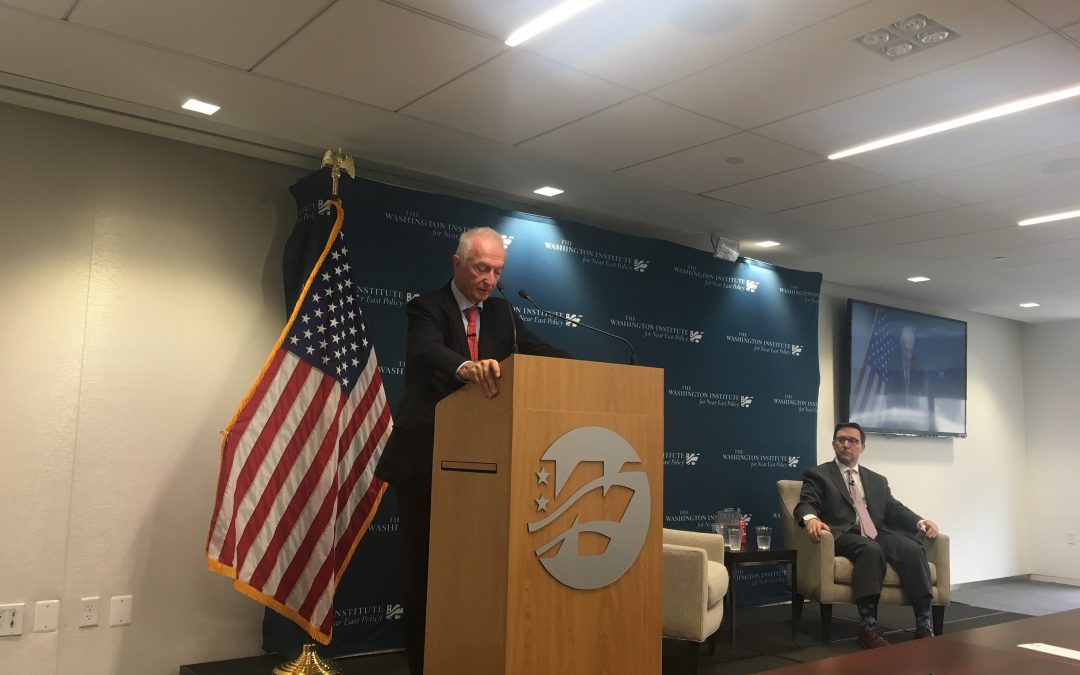WASHINGTON — As the Islamic State loses territory in the Middle East, governments around the world should brace themselves for more plots and small-scale attacks, European Union counterterrorism coordinator Gilles de Kerchove said Friday.
“Expect more plots, attempts to mount small-scale attacks, as ISIS loses its territorial caliphate,” de Kerchove said in a speech at the Washington Institute for Near East Policy.
De Kerchove’s projection on ISIS strength came as Iraqi forces battled ISIS fighters in Mosul, with predictions that the Iraqi government could prevail in coming days.
Since 2011, more than 40,000 fighters from over 120 nationalities have joined the self-styled terrorist group, according to U.S. government estimates. Even with the possible fall of Mosul, ISIS would still control about half of Syrian territory.
More than 2,500 Europeans have joined ISIS in Iraq and Syria, amounting to a formidable threat to the future of Europe, according to Kerchove, though “a massive return” is not likely to happen.
Despite a substantial drop in the flow of these fighters into Iraq and Syria, de Kerchove said the threat still looms large in many countries, especially when jihadists return to their countries of origin.
“Most of them will be killed,” de Kerchove said, adding he did not expect “massive numbers of returnees,” de Kerchove said.
Nevertheless, he said, there is still cause for concern. He discussed major challenges in fighting the militancy, including the group’s access to digital information and cyber capability.
“Terror threats to West are now much more complex and much more diverse than the day after 9-11,” de Kerchove said.
European nations are responding, he said, with enhanced capability in detecting and stopping returning ISIS fighters as they try to cross borders in Europe.
One solution is to have a stronger pool of biometric information, de Kerchove said, adding, “Fingerprints taken in Mosul need to be shared by ?Iraq with countries around the world to better ID potential threats.”
Other contributing factors can be encouraging diversity among Muslims themselves in schools in Europe and to encourage nonviolence, he concluded.

